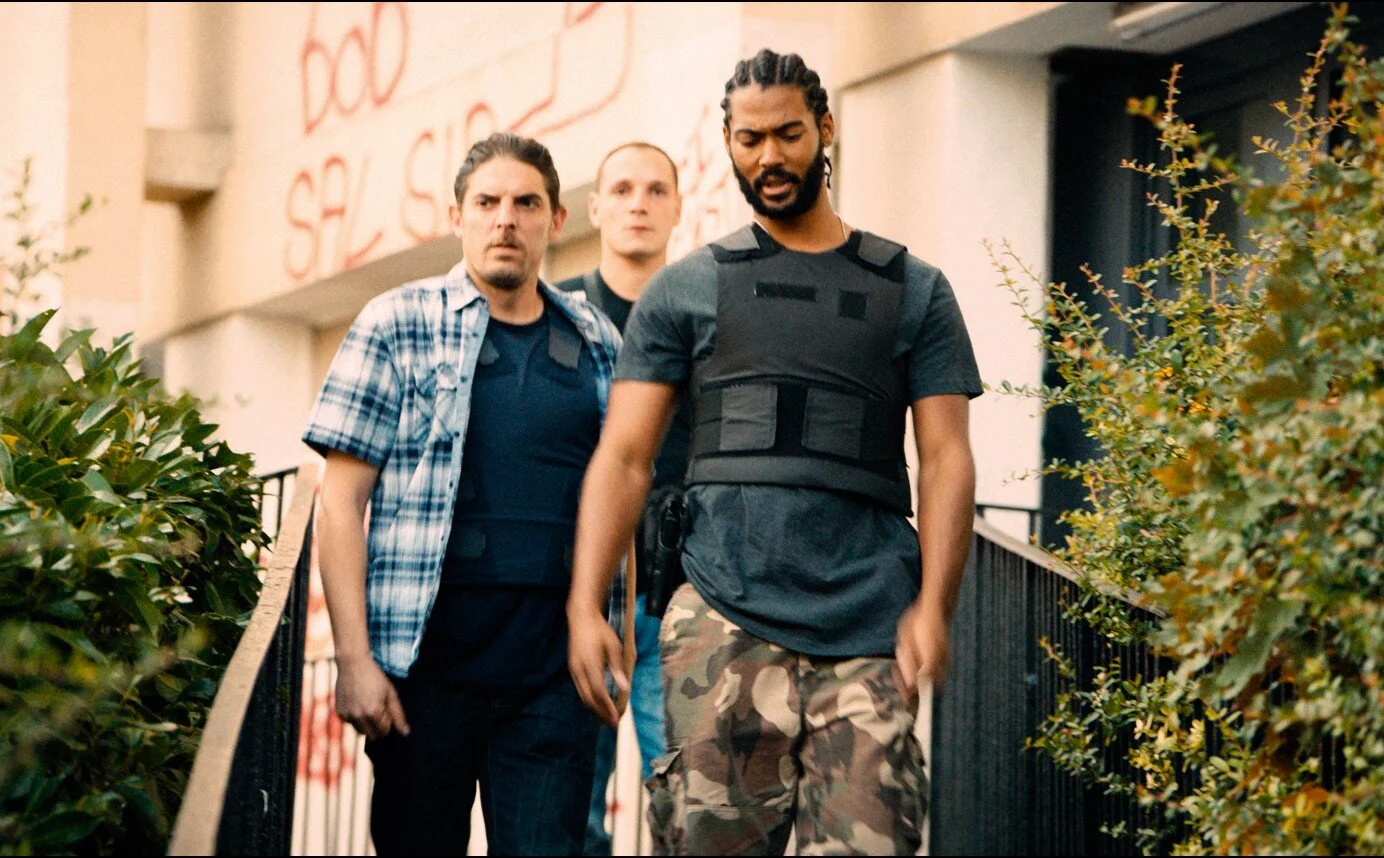In the first segment, Gam-hee visits a friend at their semi-rural apartment complex. Here the characters discuss a variety of topics which randomly involve animals, from the prettiness of cow’s eyes that cause the two women to consider becoming vegetarian briefly (while eating meat) to the aggressive dominance a Cockerel has over the neighbour’s chickens and another neighbour who ardently wants the apartments stray cat community to be cut off from being fed, dubbing them ‘robber cats’.
What struck me with these conversations is that there is always more to them than what meets the eye, especially with the conversation about the Cockerel, which could easily be a metaphor for sexual harassment and abuse women face when a man aggressively expresses his dominance.
The Cat Man, on the other hand, can be seen as a symbol of the human ego; he declares that the people of the apartment complex are more important than the stray cats, while Young-soon’s roommate insists that the cats have every right to survive. Is Hong weaving a conversation on the climate crisis into the film? Perhaps, that’s the impression I got anyway.
‘People in love should always stick to each other’
It soon becomes apparent that conversations with men are shot from behind; why does Hong make the men mainly faceless? Exposing them just for a few mere moments as they arrive or depart the destination of the conversation.
Another thing to consider is that each man is causing problems for the women they are conversing with. Cat Man tells Gam-hee’s hosts that they need to stop feeding stray cats, a young poet stalks Gam-hee’s second friend after a drunken one-night stand and Gam-hee herself is confronted by her self-important ex.
Gam-hee’s husband is mentioned several times and is actually faceless as he never appears in the film, but his view that ‘people in love should always stick to each other’ dominates Gam-hee’s life (as she is only now away from him after five years of marriage).
In this way, it feels like Hong is showcasing women’s lives with a very obvious #metoo sentiment; he is revealing how some men behave towards women and how things are made far more complicated for them because of the men they encounter.
This is all done with an obvious sense of humour, the women are all smart and engage in varied conversations whereas the men all come off rather foolish. And of course, this wouldn’t be a Hong Sang-soo film if he didn’t manage to weave in his usual musings of art and artists which is always a pleasure to watch.















